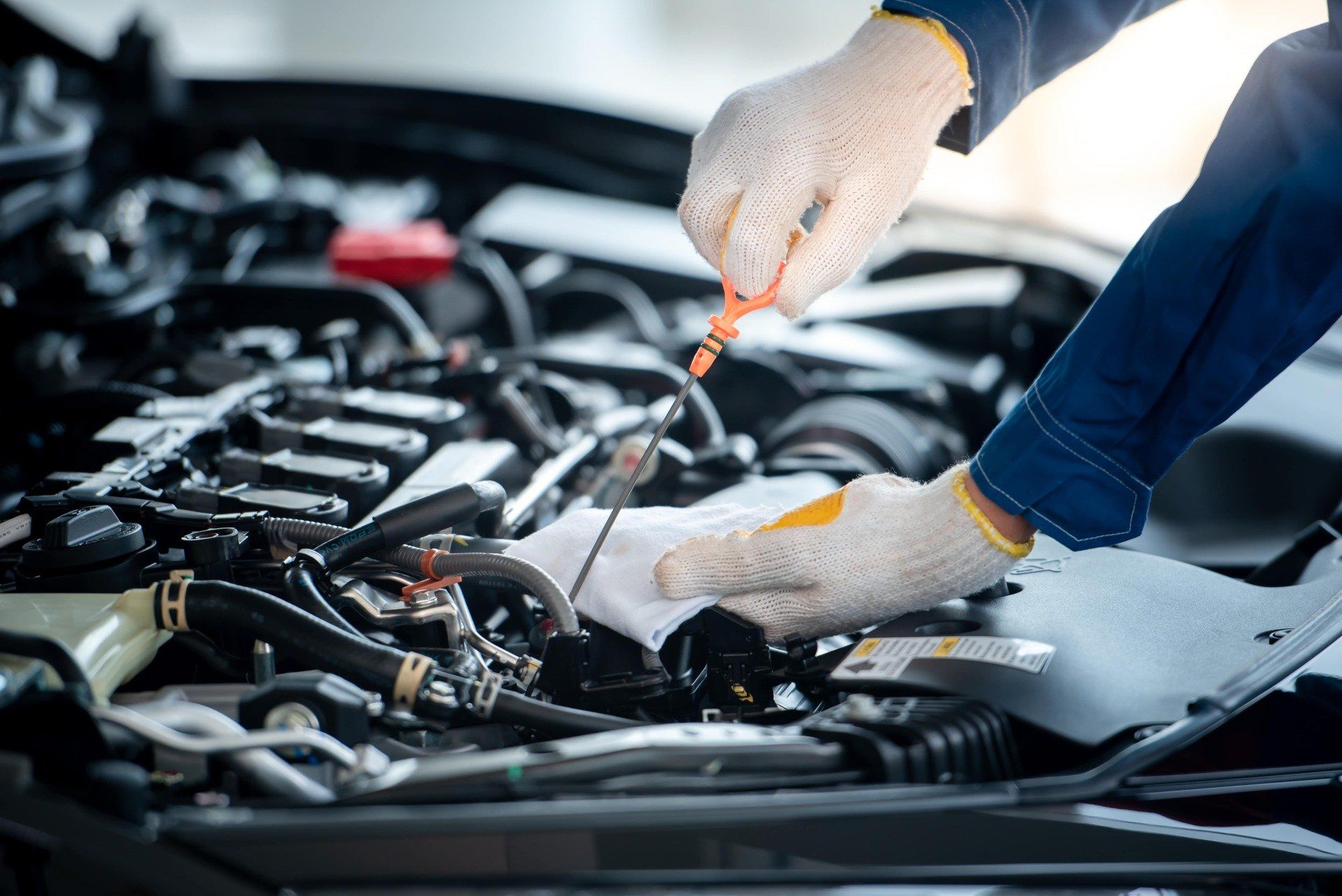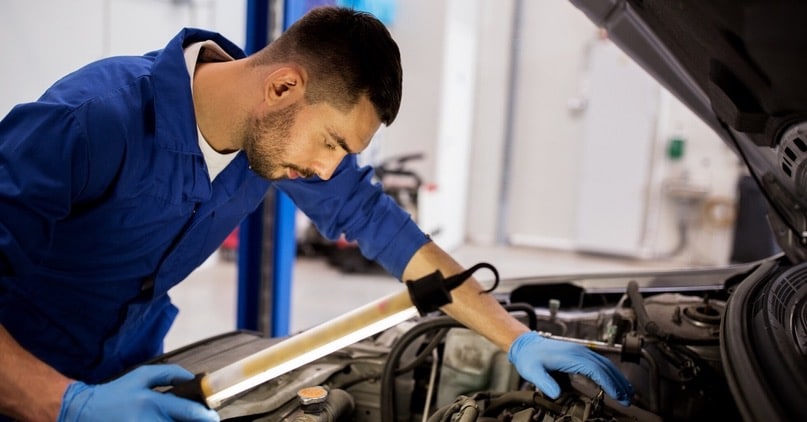All Categories
Featured

[/image]
A well-maintained engine is the crucial to your cars and truck's longevity and peak efficiency. Normal engine tune-ups not only improve fuel efficiency however likewise reduce the likelihood of unforeseen malfunctions. Whether you're a car lover or someone who simply wishes to prevent costly fixings, these engine tune-up suggestions will maintain your car running like a desire.

- Change the Glow Plugs. The ignition system stir up the air-fuel mixture in your engine, and their effectiveness straight impacts engine efficiency. In time, ignition system can break, leading to misfires, minimized fuel economic climate, and sluggish acceleration.
Throughout a tune-up, inspect and replace trigger plugs if they show indicators of wear, such as soot build-up, rust, or cracks. Depending on your lorry, ignition system might require to be changed every 30,000 to 100,000 miles.
- Inspect the Ignition System. Your auto's ignition system, that includes the ignition coils, supplier, and wires (if relevant), is accountable for providing the trigger that powers your engine. Defective ignition components can trigger starting concerns and harsh engine procedure.
Examine for damaged or put on components and replace them throughout your tune-up. Making sure a healthy ignition system will certainly enhance engine reliability and performance.
- Clean or Change the Air Filter. A tidy air filter permits your engine to "take a breath" properly by guaranteeing a steady flow of tidy air. Over time, dust and particles can obstruct the filter, minimizing airflow and influencing fuel performance.
Check the air filter during a tune-up and replace it if it's dirty. For drivers in dusty or polluted locations, air filters might need to be altered a lot more regularly.
- Evaluate and Clean the Fuel System. The fuel system, consisting of the gas injectors, gas pump, and gas lines, can collect down payments gradually, minimizing fuel delivery and engine efficiency. Utilize a fuel injector cleaner or have your system professionally cleaned throughout a tune-up to restore correct capability.
Regularly keeping your gas system makes certain far better burning and maximizes your engine's efficiency.

- Adjustment the Engine Oil and Oil Filter. Engine oil is necessary for lubrication, air conditioning, and minimizing friction in between moving parts. With time, oil degrades and gathers debris, shedding its effectiveness.
During a tune-up, change the engine oil and oil filter. Adhering to the supplier's recommendations for oil kind and change intervals is vital to maintaining your engine in optimum problem.
- Inspect the Belts and Pipes. The belts and tubes in your engine area play vital duties in powering elements like the generator, water pump, and a/c system. Deterioration with time can cause splits, fraying, or leaks.
Check the problem of belts and hose pipes during your tune-up and change any kind of that show indications of damages. Proactively dealing with these issues can prevent pricey repairs and unanticipated failures.
- Check the Battery and Electric System. A weak or falling short battery can leave you stranded. Throughout your tune-up, examination the battery's voltage, examine the terminals for rust, and make certain the connections are limited.
Furthermore, have the alternator and starter inspected to guarantee they're working properly. Addressing electric system concerns early can save you from troublesome shocks.
- Check the Cooling System. The air conditioning system prevents your engine from overheating, which can create serious damage. Throughout a tune-up, examine the radiator, hoses, and water pump for leaks or wear.
Flush and change the coolant if it's filthy or has actually surpassed its advisable life span. Proper air conditioning system maintenance helps your engine operate within its ideal temperature array.
- Address Control Panel Warning Lighting. Modern automobiles are geared up with advanced analysis systems that light up alerting lights when issues emerge. If your control panel shows any type of cautioning lights, such as the check engine light, resolve them throughout the tune-up.
A professional mechanic can make use of diagnostic tools to determine and fix the problem, preventing tiny concerns from intensifying.
- Maintain Your Engine Clean. A clean engine runs cooler and is simpler to evaluate for possible problems. Remove dirt, oil, and crud from your engine bay throughout a tune-up. Use a degreaser and a mild brush for cleaning, and stay clear of splashing water directly on electric parts.
Final Thought: Tune-Ups Are the Key to Engine Longevity. Regular engine tune-ups are an investment in your car's wellness, efficiency, and performance. By replacing worn components, cleansing crucial systems, and attending to issues early, you'll ensure your automobile stays dependable for years to come. Whether you're dealing with the tune-up yourself or taking your car to a relied on auto mechanic, complying with these tips will certainly maintain your engine performing at its best and help you stay clear of unexpected repair services. A well-kept engine doesn't simply save you cash-- it ensures comfort when driving.
Latest Posts
Explore WyHy FCU – Top Benefits for Your Financial Future
Boost Your Home's Outside with Weathercraft's Exterior siding Solutions
Don’t Miss Special Auto Repair Offers in Chicago at Montclare Auto Repair